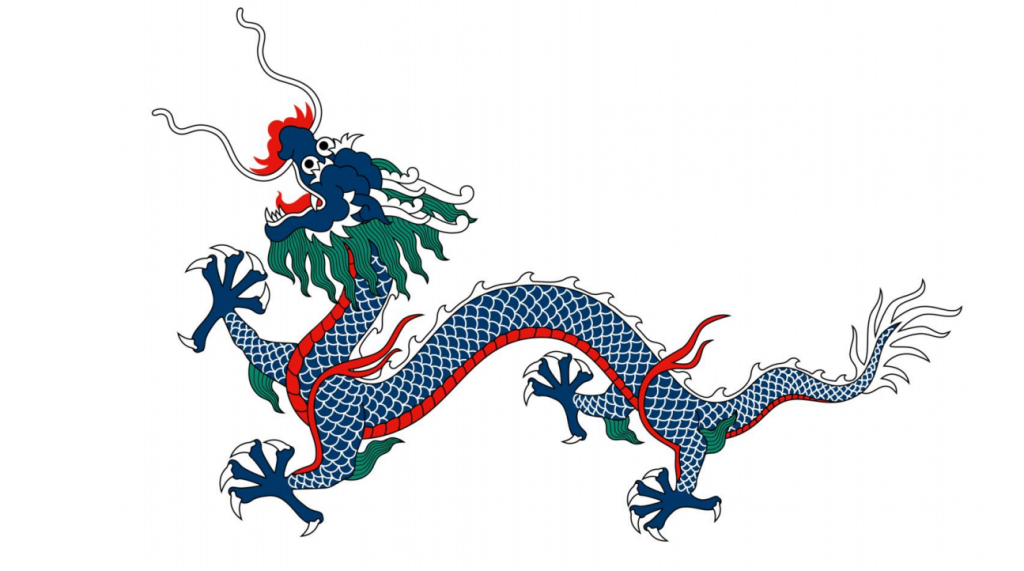Over the last decade, world affairs have become increasingly dominated by geopolitical tension between major global actors as each strives to maintain or acquire a strategic advantage over the other – economically, technologically, diplomatically, and militarily. Particular attention has been dedicated to the case of China, which many commentators believe may become the world’s biggest economy and superpower in the years to come, and to its increasingly assertive behavior on the international stage. The Covid-19 pandemic, during which, China was the only major economy to experience economic growth in 2020, has strengthened the sense in some parts of the world that China’s rise to global dominance is unstoppable. While it remains to be seen whether this is attainable, it is legitimate in the current context – as we plot a pathway towards a sustainable economic recovery based on democratic values – to consider how China’s international engagement continues to evolve in the European context and to consider what the long-term policy response should look like.
Against this background, a new paper edited by the Austrian Institute for European and Security Policy (AIES) sets out how China’s engagement in CEE countries has developed over the course of the Covid-19 pandemic.
The brand new report includes two chapters authored by CEIAS researchers.
Richard Turcsányi analyzed how the divided perception of China among the Czech public and politicians impacts the country’s policy on China.
Matej Šimalčík provides an overview of how domestic political change, coupled with a COVID-19 crisis, caused a change of Slovakia’s approach towards China from an economic pragmaticism to a more value-based and security-conscious approach.
This paper was originally published by the Austrian Institute for European and Security Policy.








